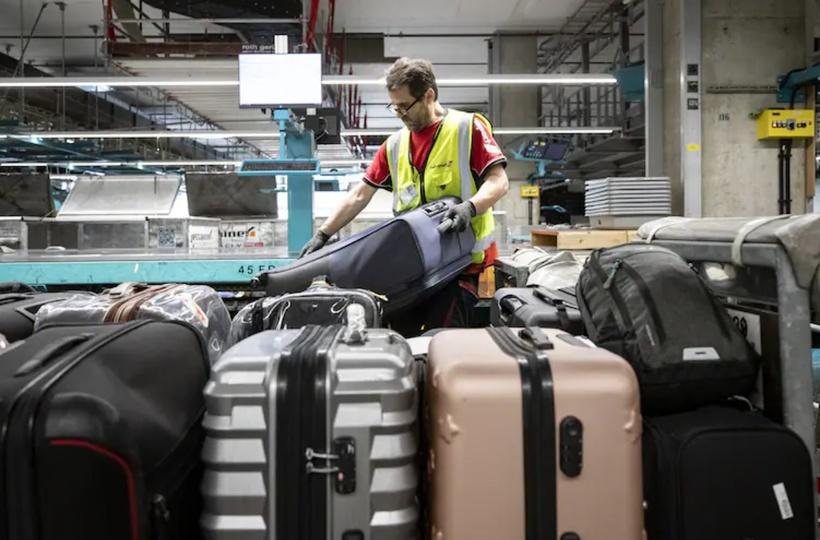ICAO revises international guidelines for transportation of toxic baggage

The International Civil Aviation Organisation (ICAO) has approved a new amendment addressing international instructions on the carriage of active small lithium battery powered electronic devices in checked baggage.
In line with the revised requirement, ICAO said “devices powered by small lithium batteries in checked baggage can stay turned on during the flight, provided their lithium metal battery’s lithium content is less than 0.3 grams, or if its lithium ion battery’s output is less than 2.7 Wh.”
The global civil aviation umpire, however, noted that “For devices with lithium batteries that exceed the above limits, the obligation to turn them off in checked baggage remains.”
ICAO’s decision follows on recommendations from the Air Navigation Commission and its Dangerous Goods Panel, which had advised that restrictions were unnecessary for such small lithium batteries and cells.
Recall that the broad principles governing the international transport of dangerous goods by air are contained in Annex 18 to the Convention on International Civil Aviation – The Safe Transport of Dangerous Goods by Air.
The technical instructions amplify the basic provisions of Annex 18 and contain all the detailed instructions necessary for the safe international transport of dangerous goods by air.
ICAO’s review, however, provides that dangerous goods such as batteries with lithium content can be carried safely by air transport if certain principles are adopted.
These principles are intended to facilitate transportation of such goods while providing a level of safety for the aircraft and its occupants by fulfilling all the requirements.
It is to ensure that, should an incident occur, it cannot lead to an accident.







